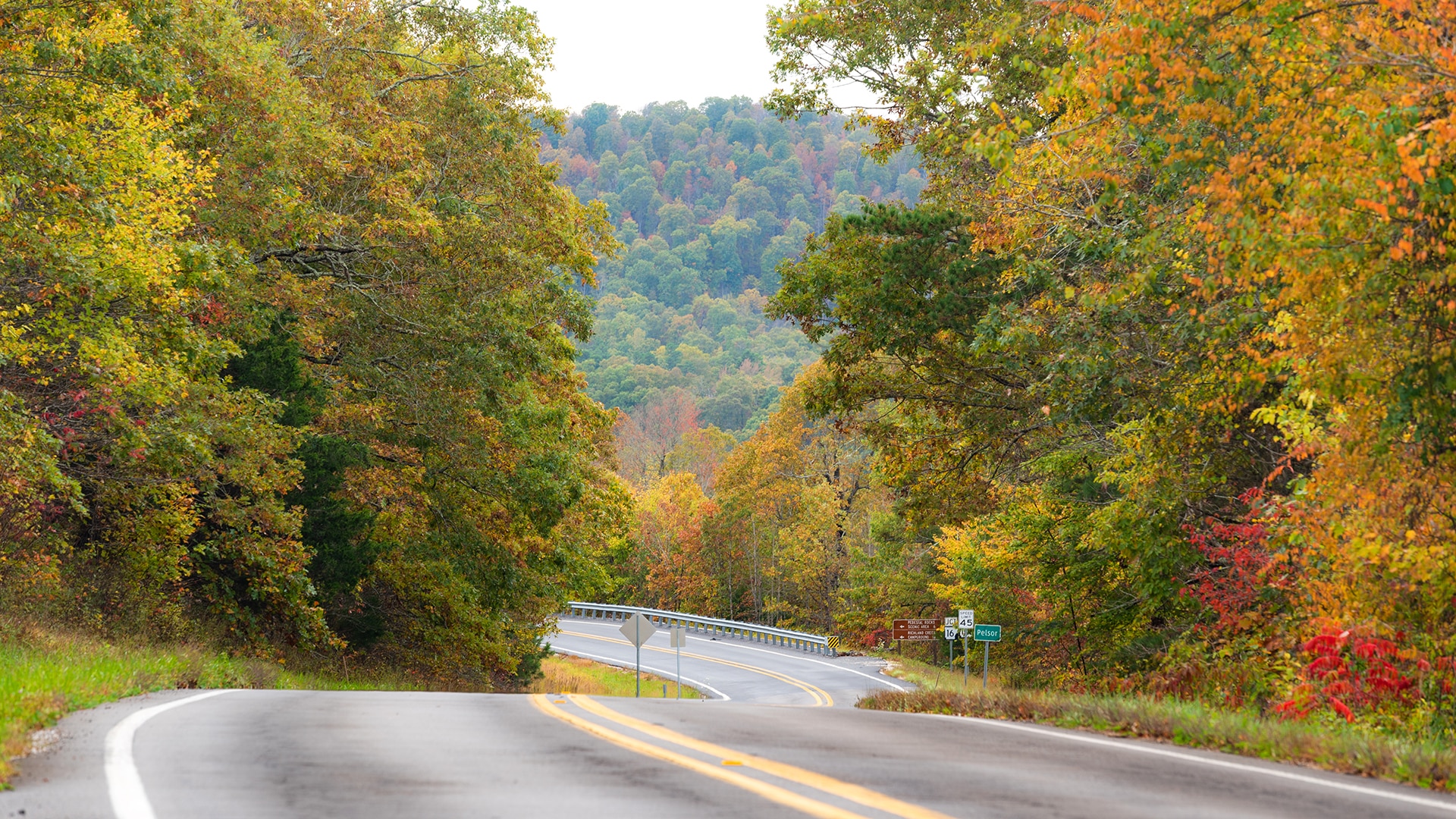Dream of Diamonds? Take a road trip to Arkansas

The author examines a shiny object, which turned out to be a worthless rock. Photo by Elliot Williams
Crater of Diamonds State Park is the only publicly accessible diamond site.
What would I do with a 40-carat diamond? Would it even fit in the Jeep Wrangler I rented?
As I ambled down back roads toward Crater of Diamonds State Park in southwest Arkansas, my mind raced.
In 1924, W.O. Basham discovered a 40.23-carat diamond there — the largest diamond ever found in North America. The stone was nicknamed “The Uncle Sam.” But discovering this relative was no fluke. More than 75,000 diamonds have been found at the former volcanic site, including the 15.33-carat “Star of Arkansas” in 1956, the 16.37-carat “Amarillo Starlight” in 1975, and more recently, the 8.52-carat “Esperanza Diamond” in 2015. That’s some big bling.
Crater of Diamonds State Park is the only publicly accessible diamond site in the world. And if you find a diamond, it’s yours to keep. On average, more than 600 diamonds are found each year. I just wanted one — preferably a very large one.

Elliot Williams wipes sweat from his forehead while digging.

Diane Williams searches near the Mine Shaft Building.
As a thrifty graduate student, I bought my future wife, Diane, a small diamond as a token of my love. After we got married, she lost it.
Diane joined me on this adventure, along with my son and my in-laws. While driving, I silently assessed my diamond-hunting competition. My father-in-law sat shotgun. He has two knee replacements and walks with a cane — I felt good about my racing odds should a stone shine in the distance. My mother-in-law wore pristine white shoes to explore a muddy field. ’Nuff said.
Diane had incentive to find a diamond. Not only had she lost the original one from 22 years ago, but a big strike meant that house projects put on hold for decades might finally get done. While Diane wouldn’t call herself a put-together princess, she’s no dirt duchess, either. The thought of rooting around in a trough of mud — even for a royal jewel — was contrary to her Southern upbringing.
My teenage son, Elliot, was another story. College tuition was a compelling motivation — avoiding a lifetime of 9-to-5 drudgery was a dream. I’m not even sure he showered that day, so a little dust was no deterrent. I would keep a close eye on him while prospecting.
My diamond fantasy was simple. I just wanted to upgrade from my 20-year-old Jeep Grand Cherokee, preferably to something without a cassette deck and massive ashtray.

A diamond searcher's camp includes shovels, a post-hole digger and an umbrella.

A couple pulls a bucket of dirt to a wet processing pavillion.
The Hunt for Diamonds
Everyone has a point in their lives when they dream of a brighter day, of hitting the jackpot or of winning the lottery — and there’s usually a point when that dream comes crashing down.
For me, it’s when I drove into the parking lot expecting to have the 37-acre plowed field all to myself. Instead, the overflow lot was quickly filling up and whole families pulled wagons loaded with pickaxes, shovels, screens and post hole diggers. It looked like a Yukon Cornelius convention.
My heart sank, and I felt the need for an emotional support animal, preferably a gopher that could dig like the devil.
Although I showed up empty-handed, I was undeterred. I bought a bucket, hand shovel and gloves from the gift shop. But it was like bringing a fork to a soup-eating contest. A sign indicated that “the use of motor-driven tools is prohibited.” Not a concern.
To up my chances, I did my homework at the Crater’s visitor center. The diamonds here are well-rounded stones about the size of a match head, averaging one-quarter of a carat. They have a metallic shine and slick outer surface that repels dirt. The three most common colors are white, yellow and brown.
Armed with the facts, I tried different techniques, including surface searching, and dry and wet sifting using discarded screens. I toiled in the dirt while the hot August sun beat down on me. But my diamond dream quickly became a sweat-soaked nightmare.
I tried to comfort myself. Since John Huddleston found the first diamond in 1906, tens of thousands have been found. Maybe the 12-year-old North Carolina boy who found a 5.16-carat stone in 2013 — after searching only 10 minutes — was one of the last of the lucky ones. Naturally, the land had to get stingy at some point.
A week after my vacation, a Texas woman sat in the Crater’s field watching a YouTube video on how to find diamonds. She casually looked down and spotted a 3.72-carat yellow diamond.
She’s probably driving a new Jeep.

Elliot Williams carefully examines rocks that he found — no luck.
Related
Read more stories about Arkansas.
- Crater of Diamonds
- Fall Foliage Road Trip in Arkansas
- Things to Do in Hot Springs, AR on Your Next Getaway


